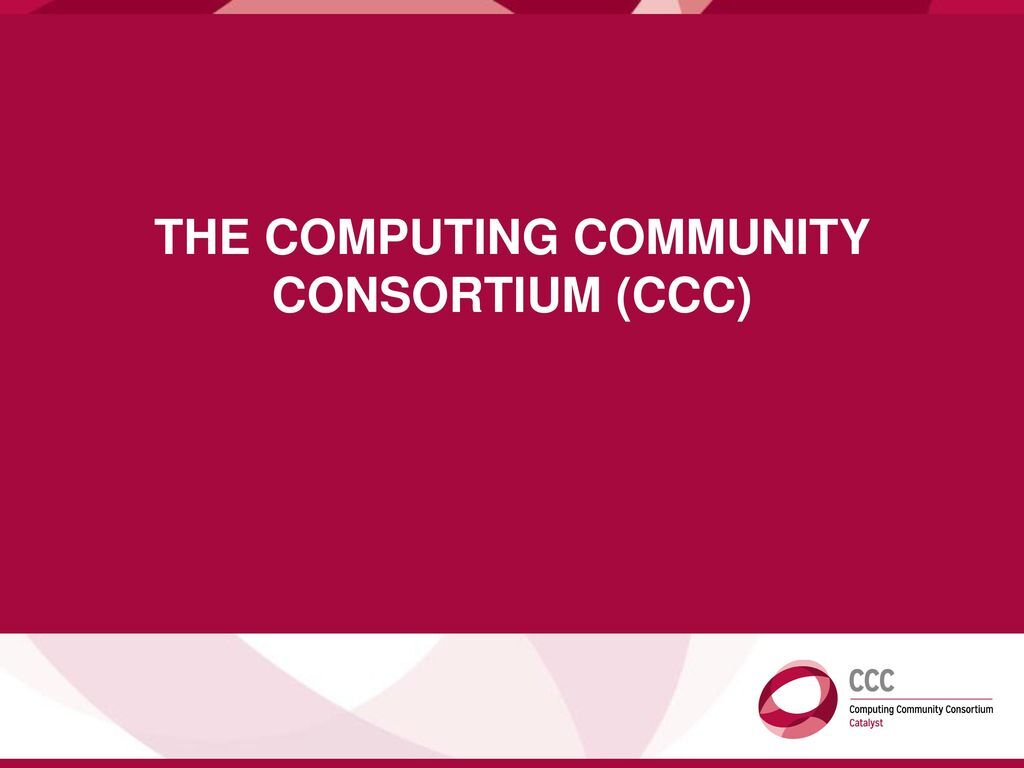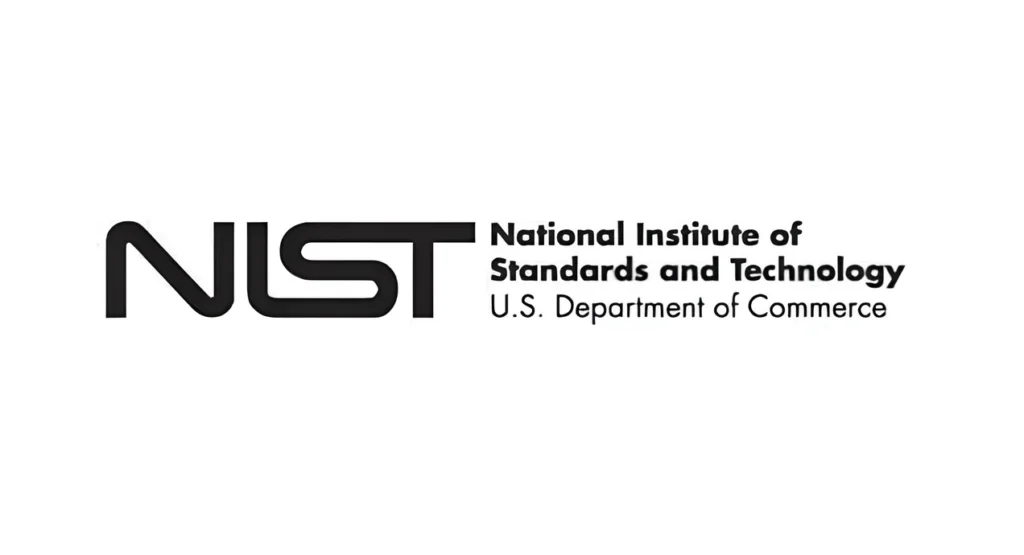Insider Brief
- The Computing Community Consortium (CCC) has released an update to its report on the “Next Steps in Quantum Computing” workshop.
- The report covers the ignificant strides and future challenges in the field.
- The workshop brought together experts from quantum computing and other computing disciplines.
The Computing Community Consortium (CCC) has released an update to its report on the “Next Steps in Quantum Computing” workshop, underscoring significant strides and future challenges in the field, according to a blog post on the CCC site.
Held in May 2022, the workshop brought together a blend of experts from quantum computing and other computing disciplines, recognizing the invaluable contributions of diverse scientific knowledge to the advancement of quantum systems.
Quantum computing, though still in its nascent stages, promises revolutionary applications, yet its complex physics often pose a daunting barrier to professionals outside its domain.

Assistant Professor Kaitlin N. Smith of Northwestern University said in the post, “To increase momentum in quantum system progress, we must lower the barrier to entry. Scientists shouldn’t be required to have an expert-level understanding of quantum mechanics to contribute their skill set to quantum computing.”
The workshop report echoes this sentiment, advocating for more inclusive, interdisciplinary collaborations.
Kenneth Brown from Duke University, Fred Chong from the University of Chicago, and Kaitlin N. Smith, along with former CCC Council member Thomas Conte of Georgia Tech, spearheaded the workshop. They emphasized the need for a unified approach to address the challenges in quantum computing. Professor Chong noted, “It is our hope that a vertically-integrated, interdisciplinary approach will accelerate progress towards practical quantum systems.”
Currently, quantum computing is in the Noisy Intermediate Scale Quantum (NISQ) era, characterized by high error rates and limited qubit stability. Despite these hurdles, significant progress has been made, particularly in Quantum Error Correction, which is crucial for the transition towards fault-tolerant quantum computing.
“There has been remarkable progress in quantum computer hardware in the last five years,” Professor Kenneth Brown said in the post. “But, challenges remain in terms of reducing errors and scaling systems. We thought it was critical to bring together experts in quantum computing, computer architecture, and systems engineering to plan for the next ten years.”
For a comprehensive understanding of the workshop’s findings and recommendations, the CCC encourages reading the full report, which delves deeper into various critical quantum computing topics.
The report is available here.
For more market insights, check out our latest quantum computing news here.
















